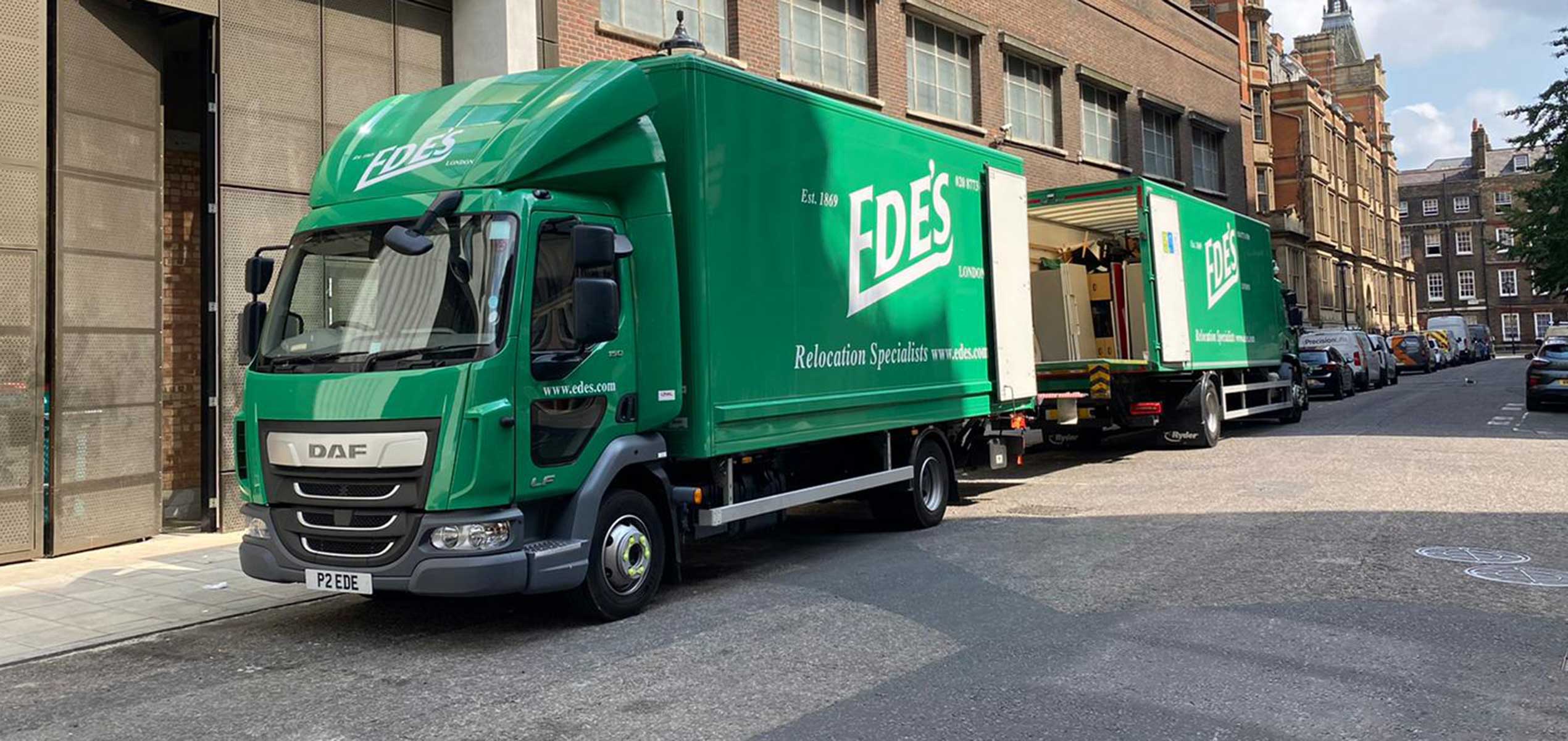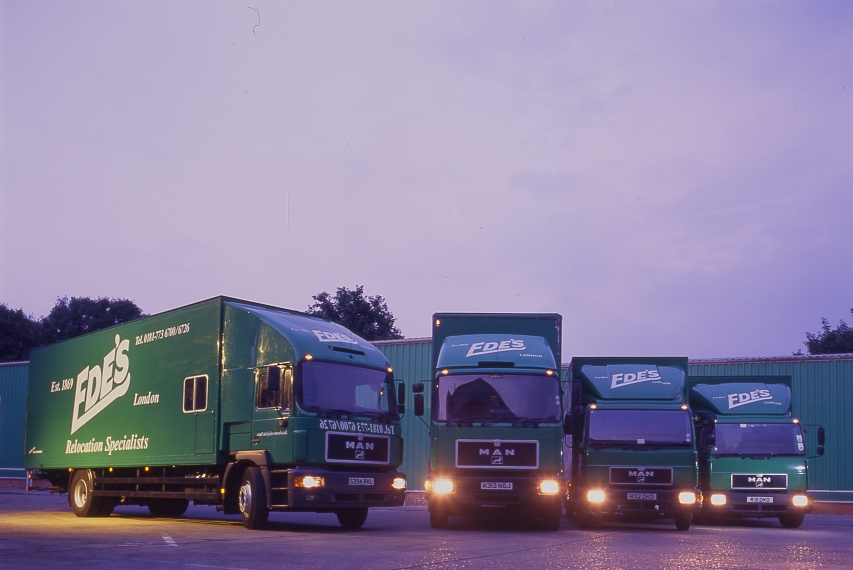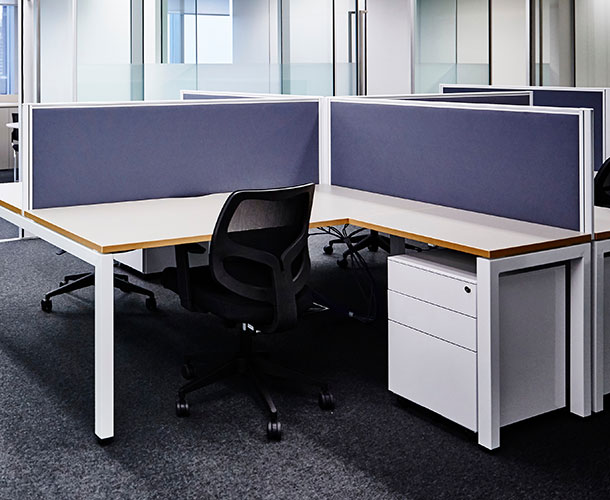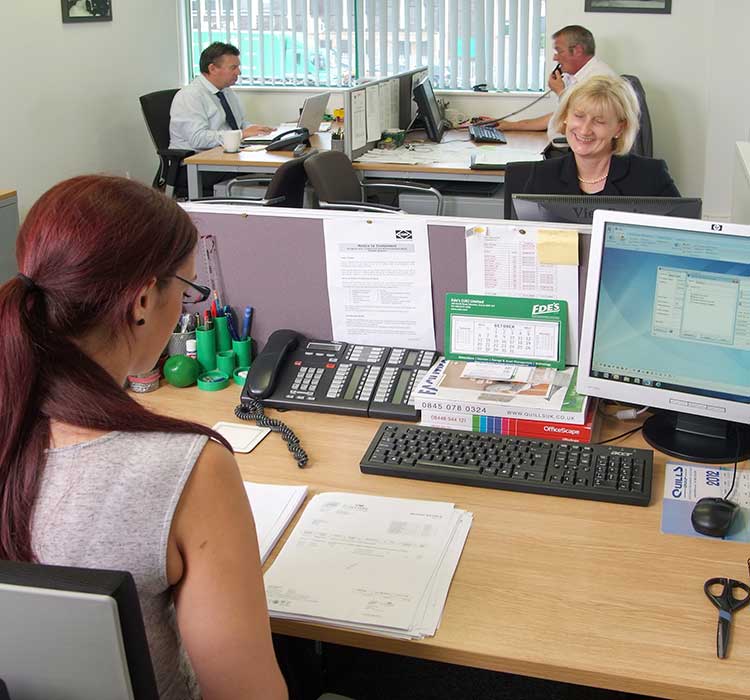Introduction
In the complex world of business relocation, ensuring a smooth transition between locations without disrupting your day-to-day operations is crucial for maintaining client satisfaction and minimising potential revenue loss. A well-thought-out business continuity plan is an invaluable resource, helping management and employees maintain critical business functions in the event of unforeseen obstacles and delays. Ede’s, a premier Commercial Relocation, Storage, and IT Services company, has guided businesses throughout the UK in well-planned transitions for over 150 years, demonstrating our profound expertise and commitment to excellence.
In this comprehensive guide, we aim to discuss the importance of establishing a strategic business continuity plan during your office relocation and provide practical advice on creating and executing this plan effectively. We will address key elements such as data protection, communication strategies, contingency plans, and aligning your plan with your office relocation provider, like Ede’s, to ensure a seamless move that allows your business to flourish in its new location.
At Ede’s, our priority is to provide the knowledge, resources, and support needed for businesses to continue operating with minimal disruptions during their relocation process. From pre-move strategic planning to post-move IT infrastructure services, partnering with Ede’s guarantees an exceptionally well-managed transition for your company. Let us guide you in creating and implementing a robust business continuity plan to safeguard your operations so you can proceed confidently throughout your office relocation journey.
Developing a Robust Business Continuity Plan
Laying the groundwork for a comprehensive business continuity plan is essential to safeguard your operations during office relocation:
1. Identify critical business functions: Determine the processes and tasks essential to your company’s day-to-day operations and consider the resources required to maintain these functions during the relocation.
2. Delegate responsibilities: Assign specific roles and responsibilities to your team members to manage and execute the various aspects of the business continuity plan. Engaging employees in this process helps ensure that they understand their role in maintaining operations during the transition.
3. Test your plan: Regularly test the effectiveness of your business continuity plan to maintain its relevance and adapt it as needed.
Data Protection and Security
Protecting sensitive data and maintaining security are crucial components of any business continuity plan during an office move:
1. Secure data backup: Ensure all critical data is backed up and stored securely, both onsite and offsite. Consider using cloud-based storage solutions for added security and accessibility.
2. Maintain IT security: Collaborate with an IT services provider, like Ede’s, to set up and maintain IT security measures during the relocation process. This includes firewalls, access control systems, and monitoring tools.
3. Develop a data recovery plan: Establish a data recovery strategy for data loss or breach, detailing the steps and resources necessary to secure and restore compromised information.
Effective Communication Strategies
Transparent and open communication with both employees and customers is key to minimising confusion and disruption during your office move:
1. Internal communication: Keep employees informed about the relocation timeline, their role in the continuity plan, and any updates or changes to the process. Frequent communication helps maintain employee morale and engagement during the transition.
2. External communication: Notify all clients, partners, and suppliers of your upcoming move and provide them with any pertinent information, such as new contact details or changes to your services. Maintaining open lines of communication with stakeholders establishes trust and ensures continued business relationships.
3. Designate a point of contact: Assign a designated spokesperson or team to handle enquiries from clients, employees, and vendors during the move. This helps consolidate communication efforts and ensures consistent messaging.
Collaborating with Your Office Relocation Provider
Collaborating with an experienced commercial relocation provider, like Ede’s, offers both expertise and support throughout the relocation process:
1. Share your business continuity plan: Provide your relocation service provider with a copy to ensure they understand your objectives and priorities during the move.
2. Coordinate logistics: Work closely with your relocation provider to develop a detailed move plan that aligns with your business continuity plan requirements, including timelines and logistics.
3. Leverage their expertise: Tap into the knowledge and experience of your relocation provider for advice and guidance on developing an effective business continuity plan. They can offer valuable insights and suggestions based on their vast experience in the industry.
Conclusion
A well-executed business continuity plan ensures that your company maintains its operations and sustains minimal disruptions during an office relocation. You can create and implement a comprehensive plan that safeguards your business during this critical transition by identifying critical business functions, protecting data, fostering clear communication, and partnering with an experienced business relocation provider.
With the guidance and support of Ede’s, your company can navigate the challenges of relocation with confidence and emerge stronger in your new office environment. Trust the experts to help you in developing and enacting a robust business continuity plan that is tailored to the unique needs of your company and its stakeholders.
















